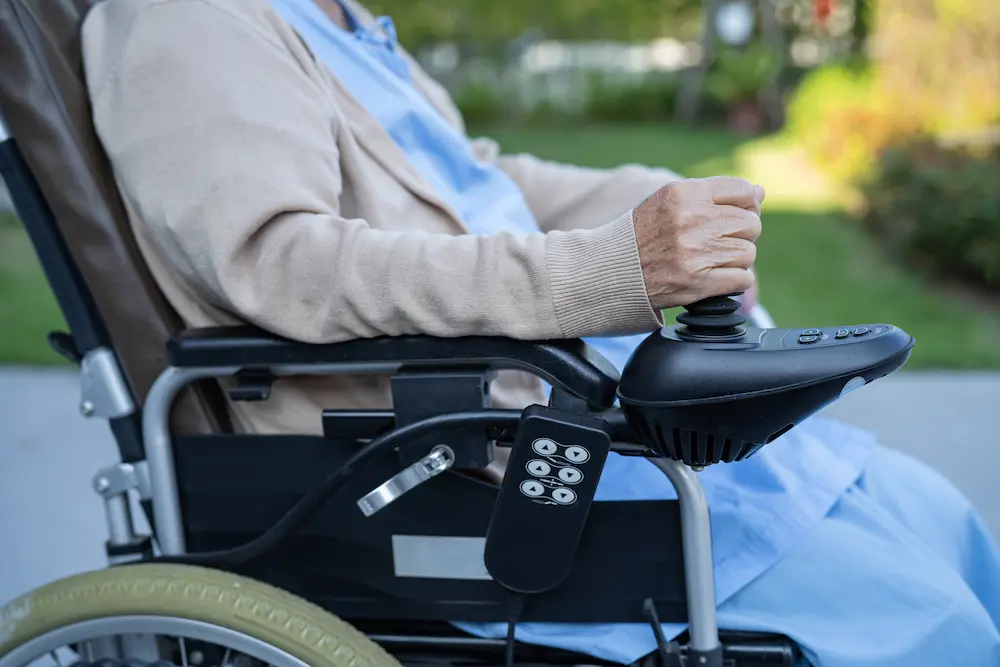Deciding on the best nutritional support for elderly individuals can be a challenging task for caregivers and family members. This article delves into the nuances of when is it wrong to use a feeding tube in the elderly, urging caregivers to weigh all possible options. Understanding these considerations encourages informed decisions, benefiting the elderly population.

Understanding Feeding Tubes
A feeding tube is a medical device that provides nutrition to individuals who cannot obtain nutrition by mouth, are unable to swallow safely, or need nutritional supplementation. As medical involvement increases in eldercare, the use of feeding tubes has become prevalent, posing crucial ethical and medical questions.
Types of Feeding Tubes
There are several types of feeding tubes, including nasogastric tubes, gastrostomy tubes, and jejunostomy tubes, each serving different medical needs. It’s important for caregivers to understand the differences and evaluate which, if any, are suitable for their elderly loved one.
Ethical Considerations
Balancing Benefits and Burdens
The philosophical balance between benefits and burdens is paramount in considering feeding tubes for elderly individuals. While feeding tubes can provide essential nutrients, they may simultaneously decrease quality of life or lead to other medical complications. Therefore, each case must be evaluated uniquely.
Potential Misuse of Feeding Tubes
Using feeding tubes without considering possible detrimental effects may inadvertently cause harm. Caregivers must distinguish between genuine medical necessity and convenience. Learn more about available caregiving services.
Medical Quizzes and Decisions
Healthcare professionals should take a comprehensive approach to assess the patient’s condition before recommending feeding tubes. They perform various diagnostic tests to ensure that proper nutrition and hydration are maintained.
Informed Consent is Crucial
Making decisions regarding a loved one’s medical treatments can be overwhelming. Ensuring that the caregiver fully understands each detail and its implications is crucial. Informed consent should never be skipped, as family members hold the right to understand what they are consenting to.
Quality of Life Implications
One major consideration for recommending against feeding tubes might be the implications on an individual’s quality of life. Healthcare providers and families should work closely together to assess how life with a feeding tube might affect the elderly.
Autonomy and Individual Wishes
It’s vital to consider the individual wishes of the elderly patient, honoring their autonomy above all. Discuss advance directives and ensure they reflect their preferences for medical intervention.
Alternatives to Feeding Tubes
There are alternative methods for nutritional support that may be more suitable for elderly individuals in some cases. Examples include texture-modified diets and dietary supplements.
Supportive Care Options
When appropriate, considering supportive care that prioritizes comfort over aggressive interventions can be beneficial. Massagers for relaxation, as described here, can contribute to a pleasant atmosphere.
Leveraging Technology with Personal Alert Systems
Alongside nutritional concerns, using technology for safety is also essential. Implementing personal alert systems, such as those found here, can ensure that help is always accessible.
Family Support and Caregiving
Family members play a crucial role in decision-making. Offering emotional support and being actively involved in care can make complicated experiences more manageable.
Consulting with Experts
Consulting with geriatric experts and nutritionists can provide additional insights, helping families make informed decisions.
Leaning on Community Support
Communities often have resources available for caregiver support. Engaging with support networks can alleviate feelings of isolation and burden in decision-making.
Conclusion: When is it Wrong?
Determining when is it wrong to use a feeding tube in elderly care requires comprehensive understanding, ethical consideration, and valuing the elderly individuals preferences. Prioritizing the well-being and dignity of the individual creates a favorable environment for decision-making.
Additional Resources
For more advice on caring for seniors, check this article on care for elderly parents.

FAQs
What if the elderly person refuses the feeding tube?
In situations where autonomy allows, if the patient has the cognitive ability to understand the implications, their wishes should be respected. It is always advisable to have discussions about advance directives early on.
Are there risks of infections with feeding tubes?
Yes, there are risks, including potential for infection at the insertion site, aspiration, or tube dislodgment. Regular assessment and proper hygiene can help mitigate some risks.
How can we support elderly individuals who are unable to consume solid food?
Consulting a nutritionist to prescribe a suitable liquid diet or food modifications can help in providing nutrition without the need for invasive procedures.
This article contains affiliate links. We may earn a commission at no extra cost to you.

